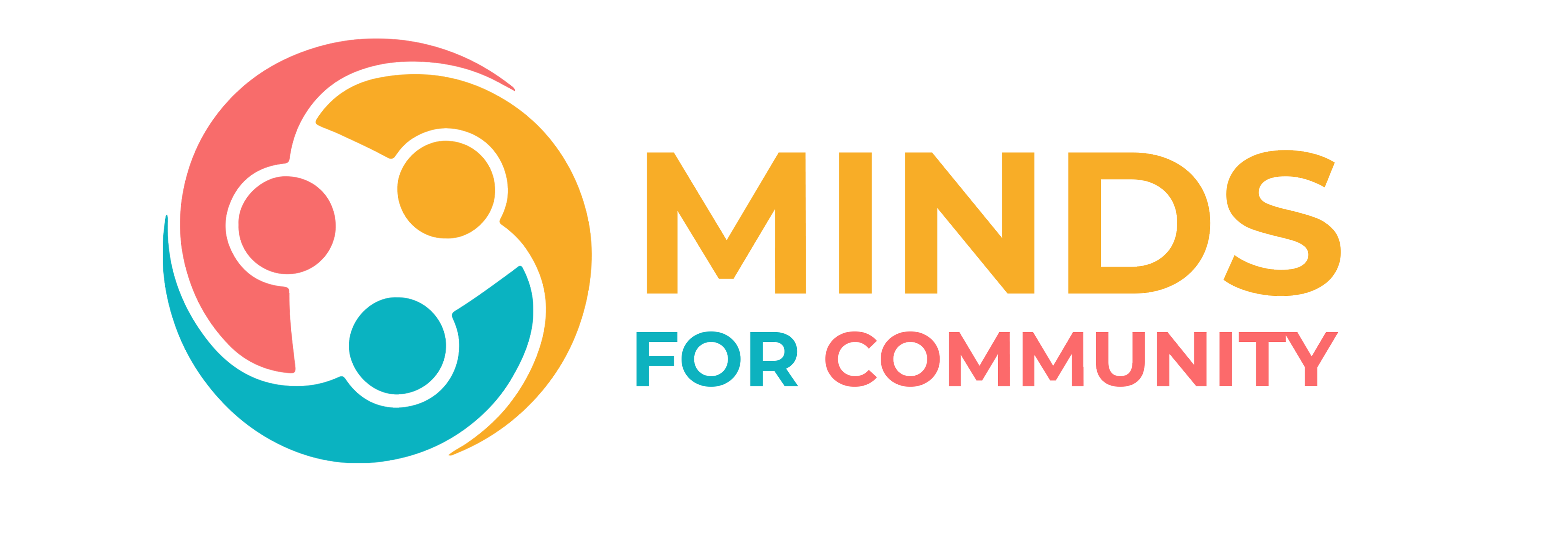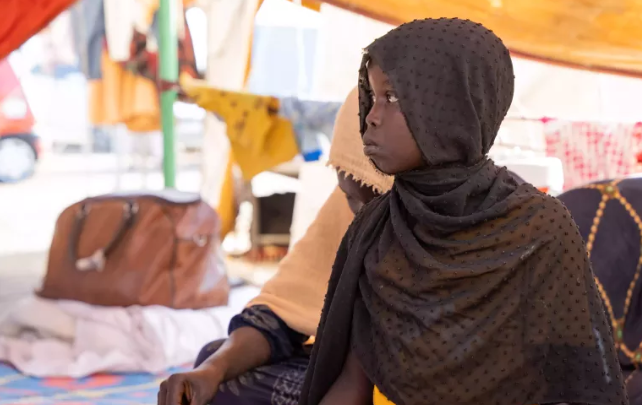:Press release from UNICEF
Sudan’s brutal war hits the 300-day mark,widespread malnutrition, the world’s largest child displacement crisis, and a shattered health system threaten to kill far more children than the armed conflict itself.
UNICEF is seeing record levels of admissions for the treatment of severe acute malnutrition (SAM) – the deadliest form of malnutrition – in the areas that can be reached with humanitarian assistance. Conditions in areas unreachable because of the fighting – where children are in most urgent need – are undoubtedly worse.
An estimated 3.5 million children are projected to suffer from acute malnutrition this year, including over 700,000 who are expected to suffer from SAM and require specialized, uninterrupted, life-saving treatment.
Around 3 million children have been internally displaced since the outbreak of fighting, in addition to 2 million displaced in previous crises – the largest number of internally displaced children globally. Anecdotal reports point to a potential dramatic spike in deaths among children in severely overcrowded and unsanitary displacement sites, where the spread of disease poses particularly lethal risks for children suffering from SAM, who are up to 10 times more likely to succumb to disease than a healthy child.
Health workers have not been paid in months. More than 70 per cent of health facilities in conflict-affected areas are no longer functional, and two-thirds of the population lack access to health care. The number of cholera cases alone has more than doubled over the past month,[1] with over 10,000 suspected cases and 300 deaths, 16 per cent among children under 5, recorded as of end-January. There also have been outbreaks of measles in areas hosting large numbers of displaced children.
“The lethal combination of malnutrition, mass displacement, and disease is growing by the day, and we have an extremely short window to prevent a massive loss of life,” said UNICEF Executive Director Catherine Russell. “We need safe, sustained, and unimpeded humanitarian access across conflict lines and across borders – and we need international support to help sustain the essential services and systems that children rely on for survival.”
The latest food security analysis for Sudan showed the highest levels of hunger ever recorded during the October-February harvest season, following the recent spread of insecurity to Al Jezira state, the country’s breadbasket. Unless humanitarian assistance can be significantly scaled up, parts of Khartoum, Kordofan and Darfur will face an elevated risk of catastrophic hunger conditions by the next lean season, which could begin as early as March this year. It is particularly critical to get humanitarian supplies into Darfur, which has seen some of the worst fighting and hosts over one-third of the displaced population, and where over 200,000 children are projected to suffer from SAM.
UNICEF is the sole provider of the ready-to-use therapeutic foods (RUTF) used to treat children suffering from SAM. With partners, we have secured the pipeline of RUTF through July and are implementing a scaled-up response to prevent a massive loss of lives. This includes mobile health and nutrition teams, find-and-treat campaigns, and support to frontline health workers to prevent the total collapse of life-saving health services for children. Teams are closely monitoring displacement trends, cross-border movements and sudden, life-threatening spikes in nutrition and disease numbers.
A record 14 million children – half of all children in Sudan – now require humanitarian assistance. Thousands have been killed and injured, and countless more are exposed to grave protection violations, including sexual violence and recruitment or use in the conflict. With most schools shuttered or struggling to reopen across the country, a staggering 19 million school-age children risk losing out on their education.
In 2024, UNICEF is appealing for US$ 840 million to reach 9.9 million people, including 7.6 million of the most vulnerable children in Sudan, with humanitarian assistance. Despite the magnitude of needs, UNICEF received just 28 per cent of its 2023 appeal.
“We cannot abandon the children of Sudan,” said Russell. “The impact of nearly 10 months of war, displacement, disease, and deprivation on Sudan’s 24 million children is horrific. Without urgent action and additional resources, the country risks a generational catastrophe that will have grave implications for the country, the region, and beyond. Above all, Sudan’s children need a ceasefire, and peace.”







